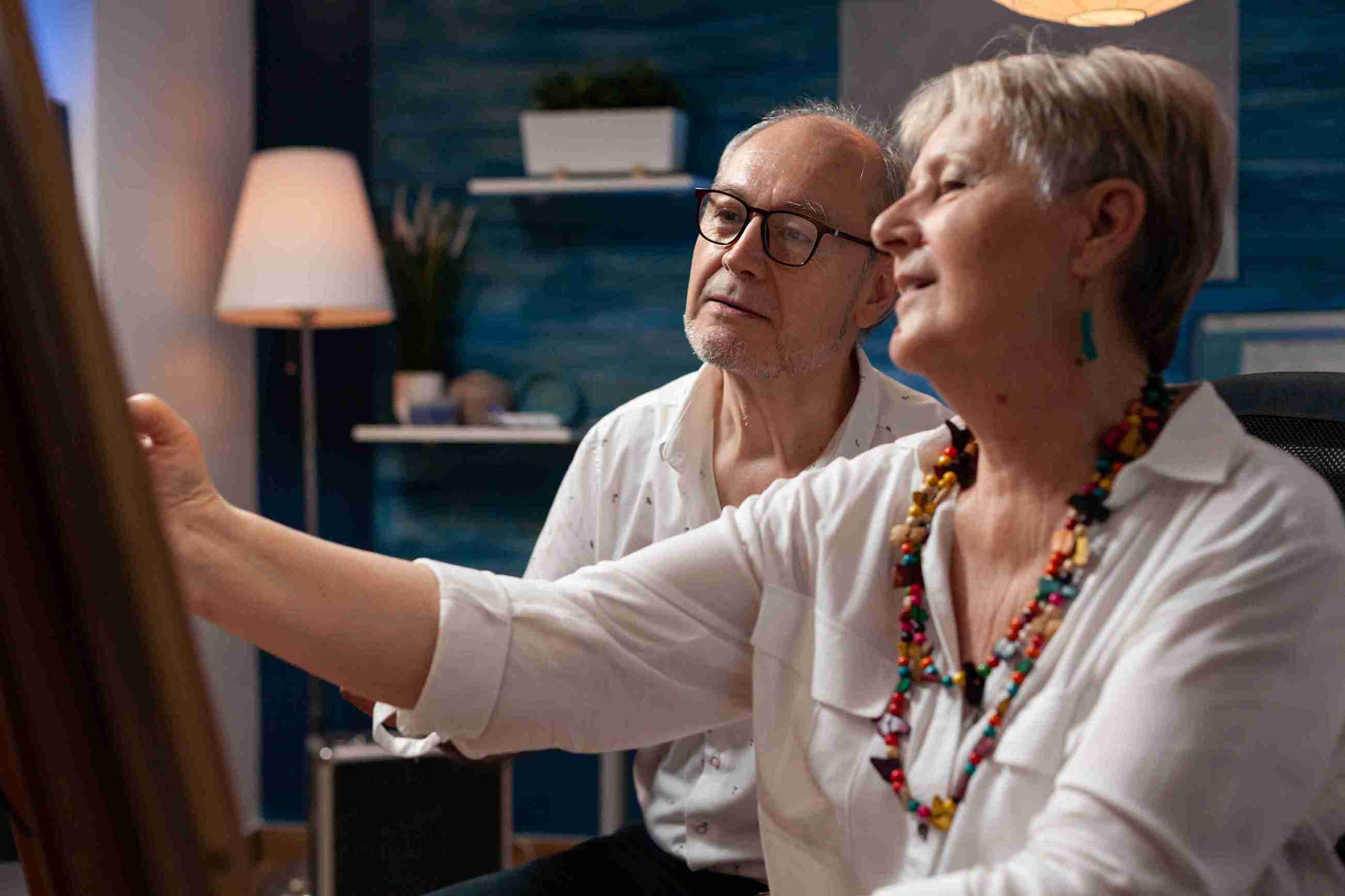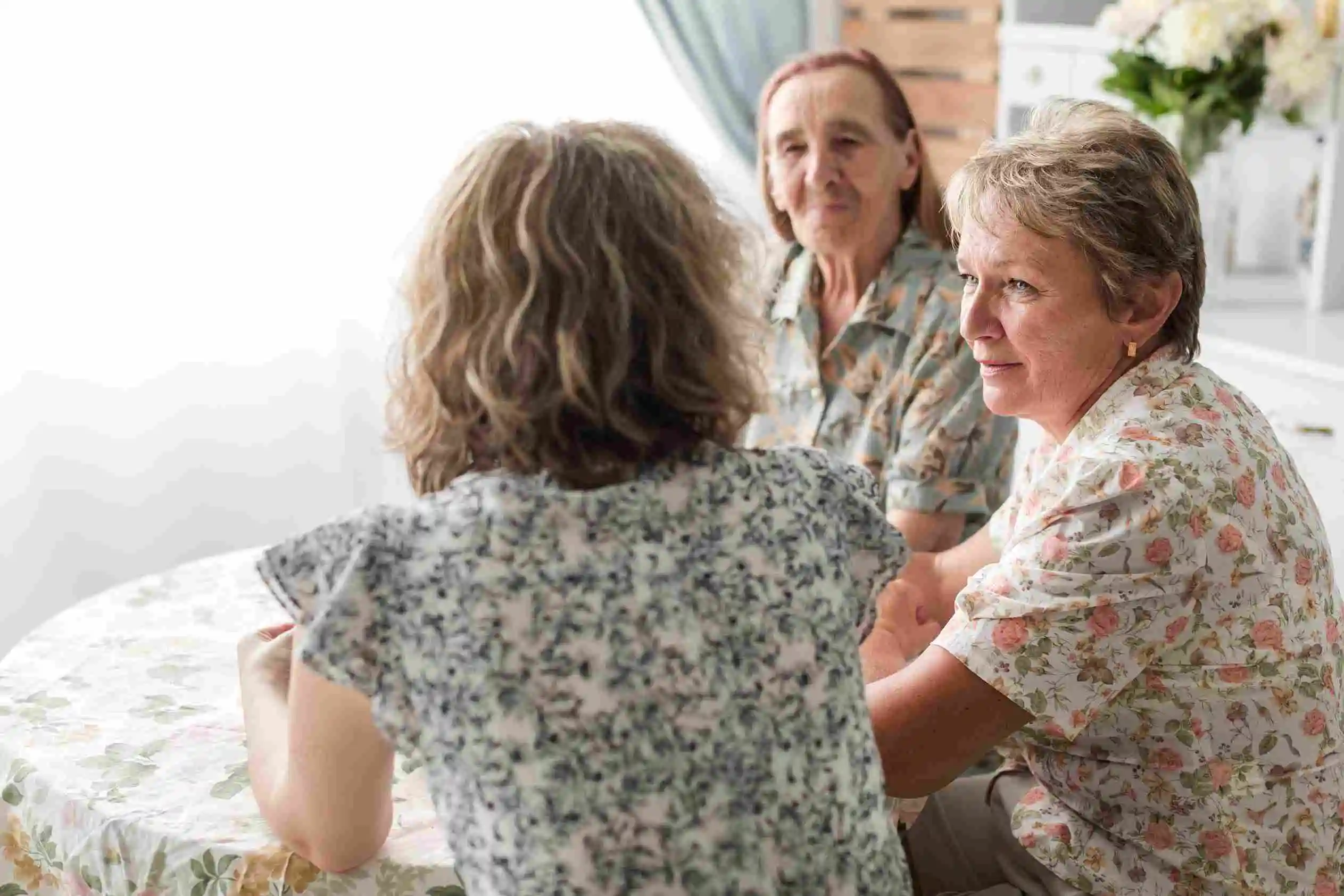In the dynamic landscape of today's healthcare, the position of a hospice chaplain stands out as a unique blend of faith and medicine. These professionals navigate a delicate equilibrium, marrying spiritual guidance with the multifaceted demands of modern medical care. As the healthcare sector continues to evolve and adapt to the needs of diverse patient populations, grasping the intricacies of becoming a hospice chaplain and discerning the essence of this role is paramount.
A Closer Look at the Dual Role of a Hospice Chaplain
- Spiritual Guidance: At the heart of chaplaincy hospice practice lies the mission to offer spiritual solace. This can manifest in various forms, from structured rituals and prayers aligned with specific religious beliefs to more open-ended spiritual discussions. The hospice chaplain is a beacon of hope and comfort, extending an empathetic ear to those grappling with existential questions and concerns.
- Medical Collaboration: Beyond the spiritual realm, a hospice chaplain is intricately woven into the fabric of the healthcare team. Their role doesn't exist in isolation but is harmoniously integrated with the broader medical objectives. By collaborating with physicians, nurses, and other healthcare providers, the hospice chaplain ensures that spiritual care is tailored to align with, and possibly even enhance, the patient's overall medical trajectory. Their deep understanding of what a chaplain does in hospice settings and their commitment to holistic care make them indispensable in tailoring treatments that cater to both the body and the soul.
Deep Dive into the Educational and Spiritual Qualifications for a Hospice Chaplain
Embarking to becoming a hospice chaplain is a spiritual and educational pilgrimage. Here's a detailed exploration:
- Rooted in Spirituality: A genuine and deep-seated spiritual foundation is paramount before one considers the formal hospice chaplain requirements. This spiritual grounding forms the bedrock upon which all chaplaincy services are built, allowing chaplains to connect, empathize, and provide much-needed spiritual solace to patients and families.
- Academic Credentials: As with many professions in the healthcare sector, being a hospice chaplain demands specific educational qualifications. Often, this includes graduate degrees in divinity or related fields. Understanding the academic landscape and the relevant hospice chaplain requirements is crucial for aspiring chaplains.
- Specialized Training: Specialized hospice chaplain training is indispensable beyond general academic pursuits. This could encompass theoretical lessons on spiritual care in medical settings and practical experiences. Additionally, obtaining a recognized hospice chaplain certification provides professional legitimacy and equips chaplains with a robust toolkit to serve patients better. Additionally, many chaplains undergo grief support and counseling training, preparing them to aid patients and families during some of the most trying times in life, ensuring comprehensive grief support.
- Navigating the Complex Interplay of Faith and Medicine
- Addressing Spiritual-Medical Conflicts: In hospice care example, chaplains sometimes encounter scenarios where medical recommendations might contradict a patient's spiritual convictions. Here, the chaplain's role transcends mere spiritual support. They need a comprehensive understanding of what a chaplain does in hospice settings, acting as a bridge between the medical team and the patient, facilitating conversations, and ensuring that the patient's spiritual needs are not overshadowed.
- Celebrating Religious Diversity: Given today's diverse tapestry of beliefs, a hospice chaplain must be well-versed in various faith traditions. Their primary responsibility is to respect and acknowledge every patient's spiritual path, ensuring personalized care regardless of the chaplain's personal beliefs or the dominant chaplaincy hospice tradition.
The Transformative Impact of Spiritual Care
Evidence-Based Benefits: Over the years, numerous studies have spotlighted the pivotal role spiritual care plays in the well-being and recovery of patients. These research insights and countless heartfelt testimonials from patients and families underscore the therapeutic value of of hospice spiritual care. One might ask: what does a chaplain do in hospice? Their unique role, especially when in collaboration with the attending physician, offers a more holistic understanding of a patient's needs, ensuring both their medical and spiritual concerns are addressed.
Beyond Chaplaincy: The hospice chaplain's role is paramount in spiritual care, but seeing this position within the larger healthcare system is also essential. This broader context requires collaboration with numerous professionals. Social workers tackle emotional and logistical challenges, while doctors, therapists, and attending physicians jointly address care's various physical, psychological, and spiritual facets. Understanding what a chaplain does in hospice, particularly in conjunction with the attending physician, becomes crucial.
Practical Steps to Becoming a Hospice Chaplain: Aspiring chaplains must navigate various aspects, from comprehending hospice chaplain requirements to undergoing the right training. An integral part of their role involves fostering efficient communication with the attending physician. By being fully informed about what a chaplain does in hospice and how they work with the attending physician, they can ensure comprehensive care that addresses every aspect of a patient's well-being.
The Path to Becoming a Hospice Chaplain
In the ever-evolving healthcare landscape, the role of a hospice chaplain has grown invaluable. As the need for a holistic approach to end-of-life care becomes more apparent, the spiritual component offered by chaplains takes center stage. Here's a closer look into the journey of becoming a hospice chaplain:
- Certification: The first step for aspiring chaplains is to seek the appropriate hospice chaplain certification. These certifications, often provided by accredited institutions, ensure that chaplains possess the knowledge and training to provide spiritual guidance in a hospice setting.
- Gaining Experience: Like many professions, experience is invaluable. Starting roles such as a hospice pastor can offer practical exposure to the field. Such roles help candidates understand the challenges and intricacies involved, paving the way for more specialized functions like a hospice chaplain.
- Understanding the Role: A hospice chaplain's responsibilities extend beyond mere spiritual guidance. They work closely with the entire healthcare team, including social workers, ensuring that the patient's spiritual needs are met alongside their physical needs. Social workers play a crucial role in addressing the emotional and logistical challenges that patients and families face, complementing the spiritual guidance provided by the chaplain. A comprehensive understanding of these nuances, including the valuable contributions of social workers, is paramount.
- The Rising Demand for Hospice Chaplaincy
The emphasis on spiritual care in end-of-life situations is ever-increasing. Modern healthcare acknowledges the intertwined nature of the body and spirit. As such, the role of a hospice chaplain and similar professionals, like social workers specializing in grief support, is becoming indispensable. Their contribution ensures that patients receive comprehensive care, addressing both medical and spiritual needs.
The Rewarding Journey Ahead
The path to becoming a hospice chaplain is, without a doubt, filled with challenges. Yet, the rewards are profound for those who embark on this journey. To be able to provide solace, spiritual comfort, and guidance at the most crucial times in a person's life makes the role of a hospice chaplain is truly special.
Further Exploration
For those keen to delve deeper, ample resources are available that shed light on:
- Specific hospice chaplain training programs.
- Detailed criteria for hospice chaplain certification.
- Organizations championing the cause of spiritual care within hospice settings.
- The balance and challenges hospice pastors face operating within the larger healthcare framework.
- In conclusion, the journey of a hospice chaplain signifies the epitome of care where medical science meets spiritual solace.
Conclusion: Bridging Faith and Medicine in Modern Healthcare
The healthcare landscape today is vast and multifaceted, but nestled within its complex structure lies the indispensable role of the hospice chaplain. These chaplains offer spiritual comfort in the intricate dance of life's final moments, seamlessly blending faith with modern medical interventions. They exemplify a holistic approach to end-of-life care, ensuring that patients navigate this chapter with both physical ease and spiritual peace.
The role's complexity, from rigorous educational qualifications to navigating delicate spiritual and medical intersections, underscores its importance. Yet, the human touch, the capacity to connect, empathize, and offer solace, truly sets the hospice chaplain apart. This role's essence isn't just about spiritual rituals or medical collaborations but about human connection in life's most vulnerable moments.
As healthcare continues to evolve, emphasizing the interplay between body and spirit, the hospice chaplain's position becomes even more crucial. Though challenging, their journey offers immeasurable rewards - a chance to make a difference, light the way during the darkest times, and showcase the profound impact of spiritual care in healing.
For anyone considering this path or those simply looking to understand its depths, it's evident that the hospice chaplain's role is a testament to the enduring power of faith in the modern medical world. In essence, the journey of a hospice chaplain is a beacon of hope, showing us that even in the face of mortality, the human spirit can find solace, meaning, and connection.

















.webp)




.webp)


